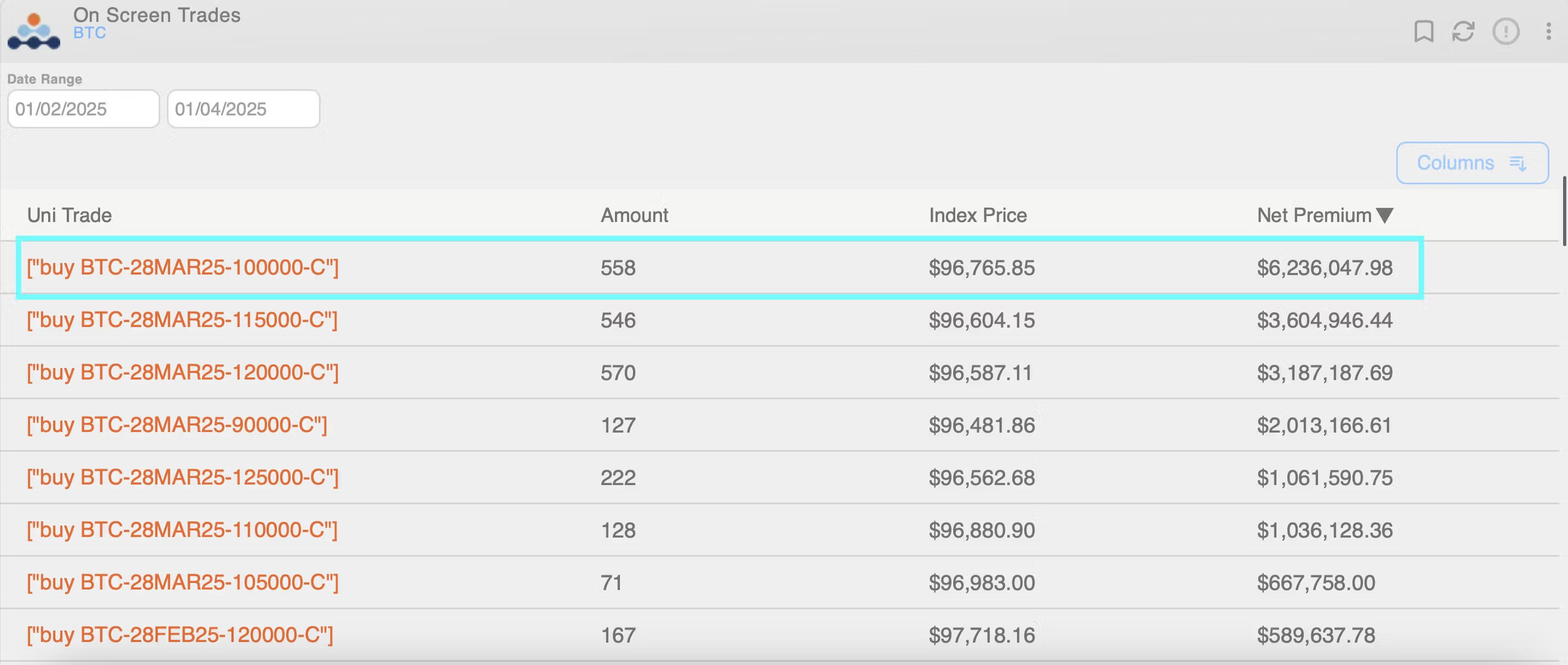Summary:
Barry Silbert launches Yuma, focusing on decentralized AI.
Yuma aims to rival Google and OpenAI with a permissionless AI model.
The initiative is linked to Bittensor, which incentivizes AI contributions through TAO tokens.
Silbert believes that decentralized intelligence could revolutionize technology access.
Technical challenges remain, especially in competing with well-funded tech giants.
Barry Silbert, a prominent figure in the finance world and known for his early investments in Bitcoin, is embarking on a new journey with Yuma, a subsidiary aimed at creating a decentralized AI ecosystem. This initiative seeks to challenge tech giants like Google and OpenAI by distributing AI technology across a network of independent contributors rather than relying on centralized systems.
Decentralized AI: A Revolutionary Concept
Silbert compares this decentralized approach to the early days of the internet, where a few companies controlled access versus the open web we know today. He believes that a permissionless AI model will outperform traditional methods, which is why he is stepping into the role of CEO at Yuma for the first time in four years.
The Role of Blockchain
Yuma's strategy is closely tied to a blockchain project called Bittensor, which incentivizes contributions to its AI services through token rewards. Launched in 2021, Bittensor offers TAO tokens that encourage participation in its decentralized network. Although the concept has faced skepticism, Silbert is optimistic about its potential.
Yuma aims to create a network of decentralized intelligence services, currently supporting around 60 applications, with plans to expand to thousands. While blockchain may intimidate some users, Silbert emphasizes the focus on building a robust network over the crypto aspect.
Challenges Ahead
Despite the ambitious vision, there are significant technical hurdles. Major players like OpenAI and Google possess vast resources necessary for developing effective AI technology, and it remains to be seen whether a decentralized model can compete. Issues like data center proximity and computing power efficiency pose additional challenges.
However, Silbert draws parallels with Bitcoin, which has successfully established a decentralized network over the past 15 years. He envisions a future where, similar to Bitcoin's evolution, we transition from digital asset ownership to decentralized intelligence ownership.
In a world increasingly reliant on AI, the idea of a decentralized alternative could reshape how we interact with technology, making it more accessible and equitable.







Comments